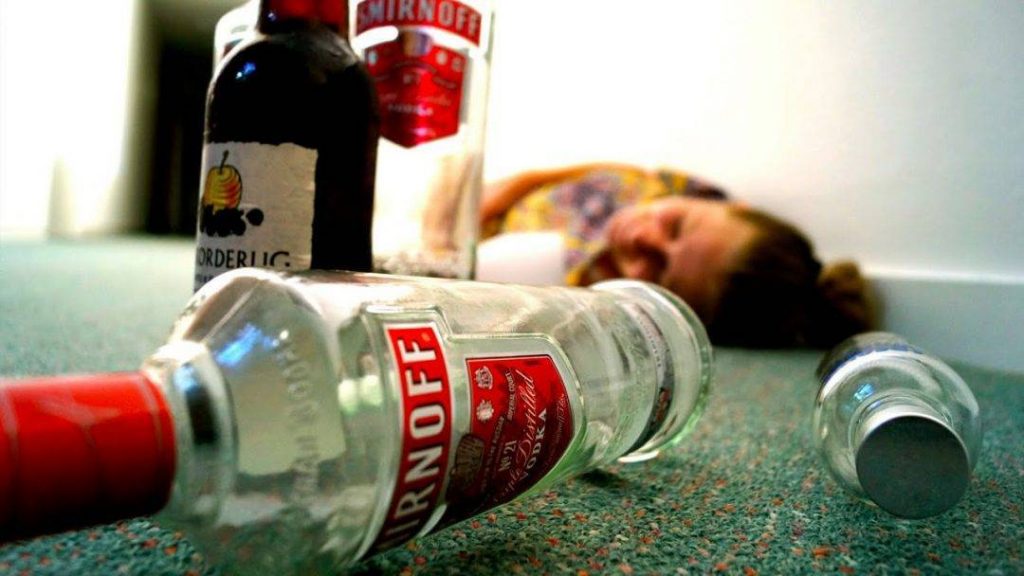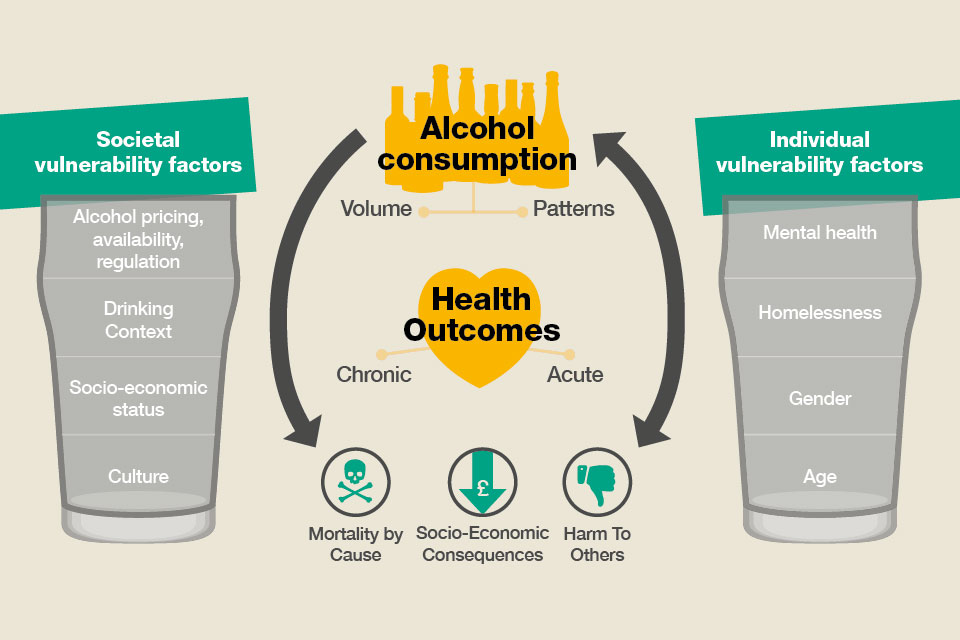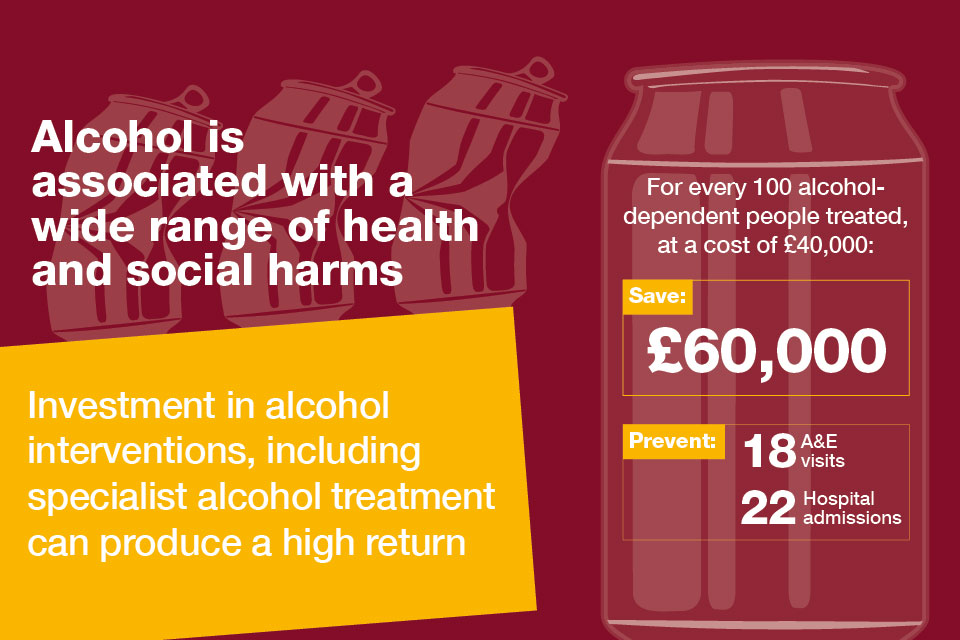-
Call Us: 0330 111 2015


Jump to a section ▼
› Introduction
› Symptoms of alcohol poisoning
› Helping someone
› Causes of alcohol poisoning
› Preventing alcohol poisoning symptoms
› Help for binge drinking
Speak with our admission team
Call now on 0330 111 2015Alcohol poisoning is a very serious condition that can be fatal if not urgently medically treated. With the UK’s binge drinking trend, spotting the signs and symptoms of alcohol poisoning could just save another person’s life.
Alcohol poisoning is the leading cause of poisoning in England, especially in the younger generation (1). Teenagers and children often do not know what constitutes a lethal dose of alcohol. It is vital that if you do have children that they are fully educated around the dangers of binge drinking and the possible consequences.

Most of us have either witnessed, or experienced ourselves, the effects of drinking too much. Perhaps you yourself have felt very unwell as a result of consuming large amounts of alcohol within a short space of time, or have seen a friend, family member or loved one slumped over and barely conscious as a result of alcohol intoxication.
Knowing the difference between someone who has consumed too much alcohol and someone who has consumed a potentially fatal amount is essential to getting them the critical care they need.
At Delamere we specialise in treating alcohol use disorders. We feel it is extremely important, to not only recognise the signs of alcohol poisoning but also know what action to take if you suspect someone is suffering from it.
Alcohol poisoning is considered a medical emergency. It can be difficult to tell when someone needs medical intervention or not. Yet knowing when to intervene is crucial to a person’s well-being.
We all know the pressure that alcohol places on the NHS, and this can make some individuals hesitant to call on them for alcohol related help.
Nevertheless, if you suspect someone is suffering from alcohol poisoning, the emergency services should be contacted without delay.
Untreated alcohol poisoning can lead to respiratory arrest, coma and death. When treating this condition, time really is of the essence and immediate medical intervention will be required.
The signs of alcohol poisoning include:
All of the above symptoms of alcohol poisoning are considered an emergency. If the person is unconscious and you are unable to wake them, then they could be at risk of dying, especially if accompanied with compromised breathing.
If you are unsure at all if the person is at risk or suffering from alcohol poisoning, it is always better to be safe and call the emergency services. They will be able to assess the patient over the phone and decide if emergency care is required
If someone you know is showing signs of alcohol poisoning, never leave them to “sleep it off” and assume they will be okay.
A person’s blood alcohol levels continue to rise for up to 40 minutes after their last alcoholic drink. Leaving them to sleep it off could prove a fatal mistake.
What to do to help a person showing signs of alcohol poisoning:
By taking these measures you will be doing all you can to keep the person alive and get them the medical help that they need.
What NOT to do if someone is showing the signs of alcohol poisoning:
By doing any of the above, not only will the situation not be helped but the person’s condition could further deteriorate as a direct result (1)
 Detox safely in our medical facility
Detox safely in our medical facility
 Free collection
Free collection Future-proof
Future-proofThe top causes of alcohol poisoning are binge drinking, mixing alcohol with drugs (including prescription drugs) and consuming toxic products that contain alcohol (ie antifreeze, alcohol rub, cleaning products and solvents)
Depending on your tolerance to alcohol, your gender, BMI and hydration levels, drinking more than 10 to 12 units of alcohol in one episode is considered very dangerous and could well lead to alcoholic poisoning.

Peer pressure during drinking contests and games can easily lead to death from alcohol poisoning, know when to say no!
More than ten units of alcohol, consumed over a short space of time, can cause the following effects:
More than 12 units of alcohol, consumed over a short space of time, can cause the following serious and potentially fatal effects:
Regularly drinking more than ten to 12 units of alcohol in one episode also puts your body and brain at serious risk of long term damage and complications. This can easily be avoided by seeking the correct alcohol help and support.
If you are concerned that you or someone you love need help with a drink problem, call and speak with a friendly member of our Delamere team today.
We specialise in the treatment of all alcohol use disorders, including binge drinking, alcohol abuse with drugs, alcohol dependence and alcoholism.

Alcohol intervention not only saves lives but reduces the strain on the NHS and the economy.
Our multidisciplinary team of experts can advise you of the steps we can take to help you as an individual get your life back on track and free from alcohol. We can also advise you on alcohol interventions and how to help someone you care for.
References
Start your recovery journey by calling our admissions team today.
Confidential. Straightforward. Friendly.